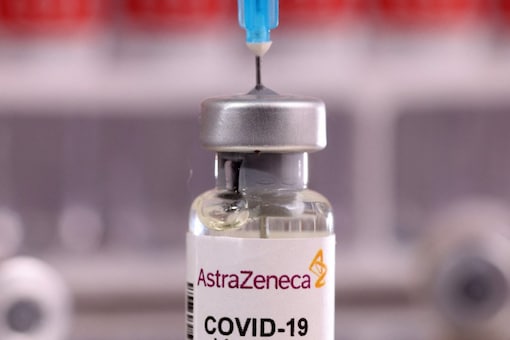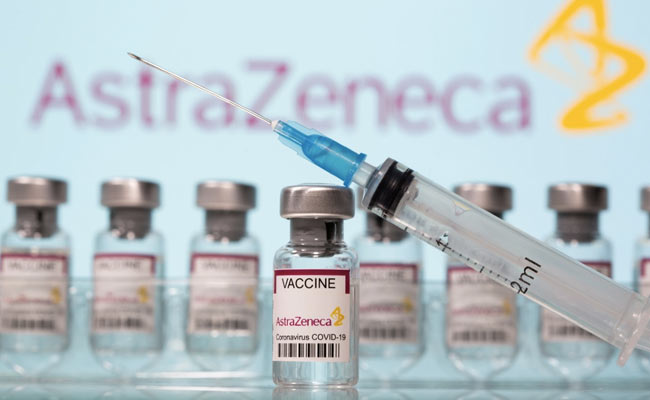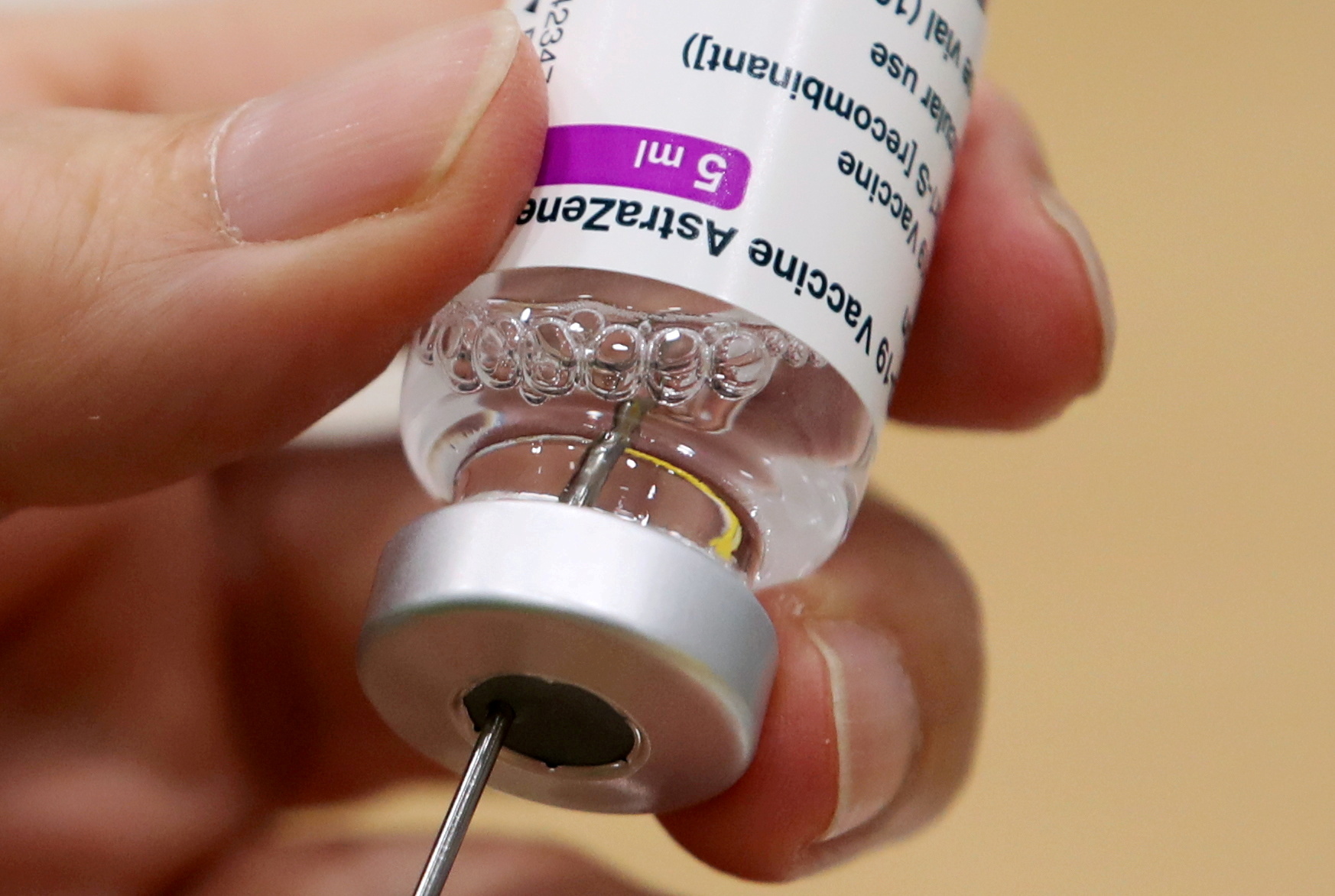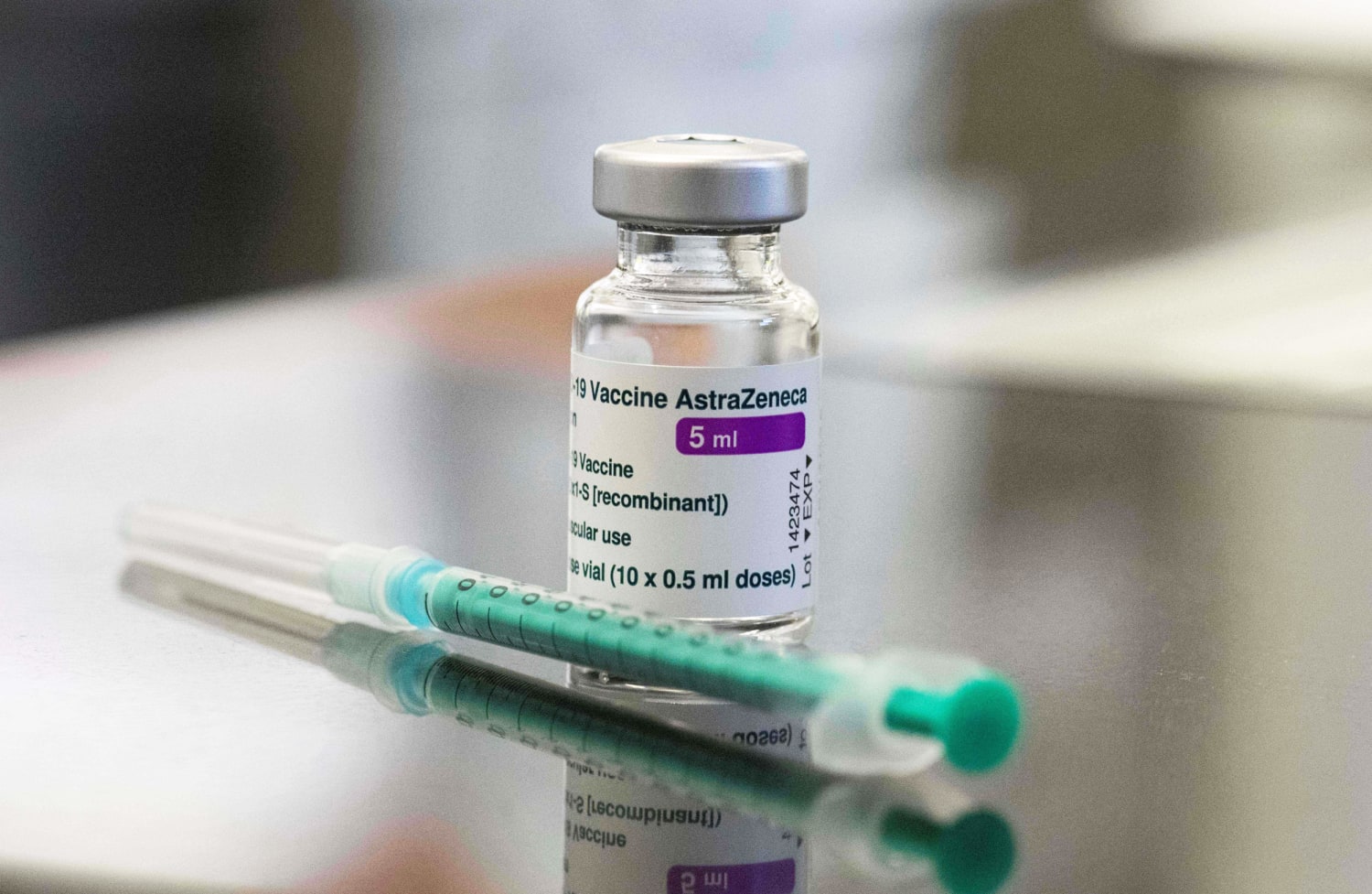Astrazeneca covid jab has been related to an increased risk of a rare blood clot.

AstraZeneca Covid’s side effects of blood clotting: research According to a study, researchers have learned more about the possibility of acquiring an extremely uncommon blood clotting disorder after receiving a vaccine against COVID-19. The study showed an elevated risk of the illness known as thrombosis with thrombolytic syndrome (TTS) after receiving the first dose of the Oxford-Astrazeneca vaccine, according to health data from five European nations and the US .
The first dosage of the Oxford-Astrazeneca vaccine is associated with a greater frequency of the disease known as thrombosis with thrombolytic syndrome (TTS), according to a research based on health data from five European and five US nations (same as Covishield in formulation). The study, which was reported in the British Medical Journal (BMJ), also reveals a higher risk following the Janssen/Johnson & Johnson immunization compared to the Pfizer-BioNTech shot. 
Although the illness is extremely unusual, the researchers emphasized that the dangers should be taken into account when developing new vaccines and planning future immunization programs. Blood clots (thrombosis) and low blood platelet levels also contribute to TTS (thrombocytopenia). The disease is extremely uncommon and distinct from common clotting diseases like deep vein thrombosis (DVT) or lung clots, the report claims (pulmonary embolism).
The adenovirus-based Covid vaccines, which employ a weakened virus to elicit an immune response against coronavirus, are now being researched for TTS as an uncommon side effect, but the study found that there is no conclusive proof about the relative safety of various vaccine types. An international team of researchers set out to assess the risk of TTS or thromboembolic events linked to the use of adenovirus-based Covid vaccinations with mRNA-based Covid vaccines to fill this information gap.
Over 10 million adults in France, Germany, the Netherlands, Spain, the UK, and the US who received at least one dose of a Covid vaccine (Oxford-AstraZeneca, Pfizer-BioNTech, Moderna, or Janssen/Johnson & Johnson) between December 2020 and mid-2021 provided routinely collected health data were used to draw their conclusions. To limit the chance of errors, individuals were also matched by age and sexes, and a range of other potentially important variables, such as current conditions and medication use, were taken into account.
The occurrences of thrombosis and thrombosis with thrombocytopenia within 28 days of vaccination were then compared between the mRNA vaccines and the adenovirus vaccines, manufactured by Oxford-AstraZeneca or Janssen/Johnson & Johnson (Pfizer-BioNTech or Moderna). In all, 1.3 million firstdose recipients and 2. 1 million Pfizer-BioNTech recipients from Germany and the UK were matched.
Oxford AstraZeneca recipients In Germany, Spain, and the US, an additional 7,62,517 patients receiving Janssen/Johnson & Johnson were matched to 2.8 million patients receiving Pfizer-BioNTech, while all 6,28,164 patients receiving Janssen/Johnson & Johnson from the US were matched to 2.2 million patients receiving Moderna.
The occurrences of thrombosis and thrombosis with thrombocytopenia within 28 days of vaccination were then compared between the mRNA vaccines and the adenovirus vaccines, manufactured by Oxford-AstraZeneca or Janssen/Johnson & Johnson (Pfizer-BioNTech or Moderna). In all, 1.3 million firstdose recipients and 2. 1 million Pfizer-BioNTech recipients from Germany and the UK were matched.
There was no appreciable difference in the risk of thrombocytopenia between the second doses of Oxford-AstraZeneca and Pfizer-BioNTech. In a similar vein, the first dosages administered by Janssen/Johnson & Johnson and regarding the likelihood of thrombocytopenia, Pfizer and BioNTech were comparable. The rarity of the condition and the scarcity of vaccination data, the researchers agree, may have had an impact on the results of this observational trial.)
Additionally, the authors are unable to exclude the possibility that some of the hazards discovered were brought on by unmeasured confounding factors. However, the research did claim that it was well-designed, that it allowed comparison of the current immunizations with one another rather than with no immunization, and that the results were consistent after repeated analyses, indicating that they are worthy of further investigation.This is the first international research, according to the authors, to look at the efficacy of COVID-19 immunizations based on adenovirus and mRNA.
Despite the rarity of these occurrences, they cautioned that given the widespread use of vaccination doses, the absolute numbers of afflicted people “may become considerable.
The EMA identified a probable link between the exceedingly uncommon occurrences of atypical blood clots with low blood platelets and the COVID-19 vaccine from AstraZeneca. Unusual blood clots with low blood platelets, according to the safety committee (PRAC) of the European Medicines Agency (EMA), should be highlighted as a very uncommon adverse effect of Vaxzevria (formerly COVID-19 Vaccine AstraZeneca). Before making a judgement, the committee took into account all the available data, including the suggestions of an ad hoc expert panel.
The European Medicines Agency (EMA) has issued a warning to medical professionals and anybody receiving the vaccine, advising them to be on the alert for extremely rare cases of blood clots and low blood platelet levels happening two weeks after vaccination. Most incidents that have been documented thus far have involved women younger than 60 and have happened within two weeks of immunization. The research that is currently available does not support any particular risk factors.
A person who has received the immunization should sometimes see a doctor if they exhibit signs of both blood clots and low blood platelets. The PRAC noted that splanchnic vein thrombosis, low blood platelet levels, and infrequent bleeding might develop in arteries, veins, and the brain (cerebral venous sinus thrombosis, or CVST). 
The 62 cases of cerebral venous sinus thrombosis and the 24 cases of splanchnic vein thrombosis recorded in the EU drug safety database (EudraVigilance) as of March 22, 2021, were thoroughly examined by the Committee. Of these cases, 18 were fatal. 1 The majority of the cases were reported voluntarily in the EEA and the UK, where almost 25 million individuals had received the vaccination. Hospitalization and mortality risks are connected to COVID-19.
Because the reported association between blood clots and low blood platelets is relatively infrequent, the benefits of immunization in preventing COVID-19 often outweigh the risks of side effects. EMA’s scientific assessment enables the use of the COVID-19 vaccines to be used safely and efficiently. When using the vaccine during national immunization campaigns, both the pandemic scenario and the vaccine’s availability in each Member State will be taken into account.
An immunological reaction might account for the blood clots and low blood platelets, which could result in a state resembling the one occasionally observed in heparin-treated patients (heparin-induced thrombolytic, or HIT). To give more information, the PRAC has asked for new investigations and modifications to current ones, and it will take any additional steps required. The PRAC emphasizes the value of rapid access to specialized medical care. By recognizing the signs of blood clots and low blood platelets and swiftly treating them, medical professionals can help patients recover and avoid difficulties.
One of four vaccinations approved in the EU to defend against COVID-19 is called Vaxzevria. It is beneficial in preventing the condition, according to studies. Additionally, it lowers the chance of contracting COVID-19 and dying from it




